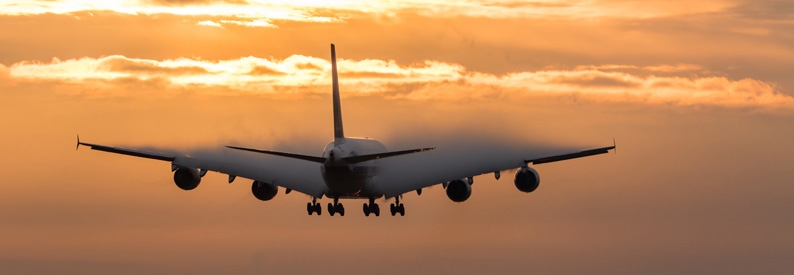Watchdog flags access constraints at Sydney, Australia

Lack of regulatory oversight, excessive airport charges, and slot inaccessibility at Australia’s major airports – Sydney Kingsford Smith in particular – are constraining airline competition in the country, according to the latest airline competition report published on March 7 by the Australian Competition and Consumer Commission (ACCC).
In it, it voices particular concern about the exclusion from Sydney of low-fare startup Bonza (Sunshine Coast) due to the commercial terms being offered by the airport and the resulting potential harm to consumers and competition from the lack of regulatory oversight of the large monopoly airports.
It also highlights Bonza’s challenge in accessing take-off and landing slots at Sydney. “At capacity-constrained Sydney Airport, new and expanding airlines can find it very difficult to obtain slots at peak periods, which in turn acts as a barrier to competition. New airline Bonza said that the lack of access to slots was one of the reasons why Sydney was not included in its initial route network. Rex – Regional Express (ZL, Wagga Wagga) is also looking for permanent access to peak period slots to support its expansion into intercity jet services,” the ACCC points out.
It said extended slot waivers had enabled international airlines to retain their slots despite minimal or no flying which would facilitate their return but also delayed domestic airlines from getting permanent access to slots held by certain international airlines that may ultimately decide not to recommence services to Australia.
The ACCC was currently engaging with the Australian government on reforms to the demand management scheme at Sydney Airport.
Another stifling impediment were excessive airport charges. Qantas had reported that airport charges represented 34% of the estimated cost of flying a passenger between two capital cities, which made it the highest contributor to cost on that route.
This did not just apply to major city airports. Airport costs exceeded Rex’s fuel costs by 130% on its route network in Western Australia. Average airport costs also represented 25% of its Western Australia average ticket price and 40% of Rex’s community fare on the Perth–Albury and Perth–Esperance routes.
Bonza expected airport charges to represent about a quarter of its cost base when it commenced operations later in 2022. “In announcing its initial route network, Bonza said that it was unable to include Sydney due in part to the commercial terms offered by the airport,” the ACCC said.
In other insights, the ACCC said:
Virgin Australia (VA, Brisbane Int’l) had recovered market share lost to the Qantas Group when it discontinued low-cost carrier Tigerair Australia (TT, Melbourne Tullamarine) and exited several regional routes. Virgin’s load factors were 34% in January 2022, compared to 22% in November 2020 when it emerged from voluntary administration. However, Omicron had resulted in a 25% reduction in scheduled capacity over January and February, as well as a temporary suspension of 10 routes, mostly in and out of Northern Queensland. The airline had also postponed the launch of its services between Sydney and Canberra. Virgin had planned to re-enter the route from the end of January 2022 under a wet-lease agreement with regional operator Link Airways (FC, Canberra).
Omicron had set back recovery at the Qantas Group by six months. Before that, the Group had forecast a return to pre-pandemic flying in January 2022, but now expected to reach 68% of pre-pandemic capacity in the first quarter of 2022. The recovery in capacity numbers was further delayed by the Western Australia government’s decision to postpone the reopening of its state border by a month to March 3.
With Rex’s expansion onto trunk routes and Virgin’s re-entry on some routes, there were now nine routes in Australia serviced by all of the Qantas Group, Virgin, and Rex, resulting in more choice and reduced airfares, the ACCC said.
Meanwhile, it also saw signs that domestic demand was starting to return. Qantas was reporting increased leisure demand for the Easter holidays and expected to return to 86% –90% of pre-COVID-19 capacity between April–June 2022, with Jetstar Airways (JQ, Melbourne Tullamarine) set to surpass this at 100% – 117%.
Demand for international flights was also increasing since Australia’s border had reopened to all vaccinated travellers on February 21. The Qantas Group expected international bookings to increase to 44% of pre-COVID-19 capacity between April–June 2022, although the war in Ukraine had added uncertainty to the recovery trajectory, the ACCC said.
